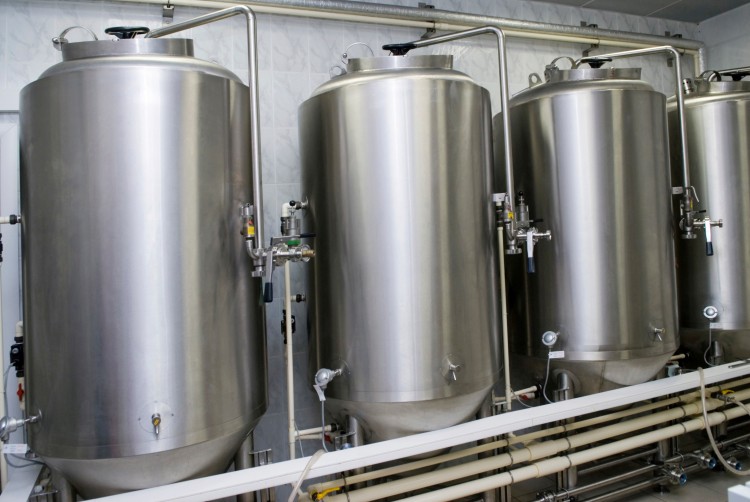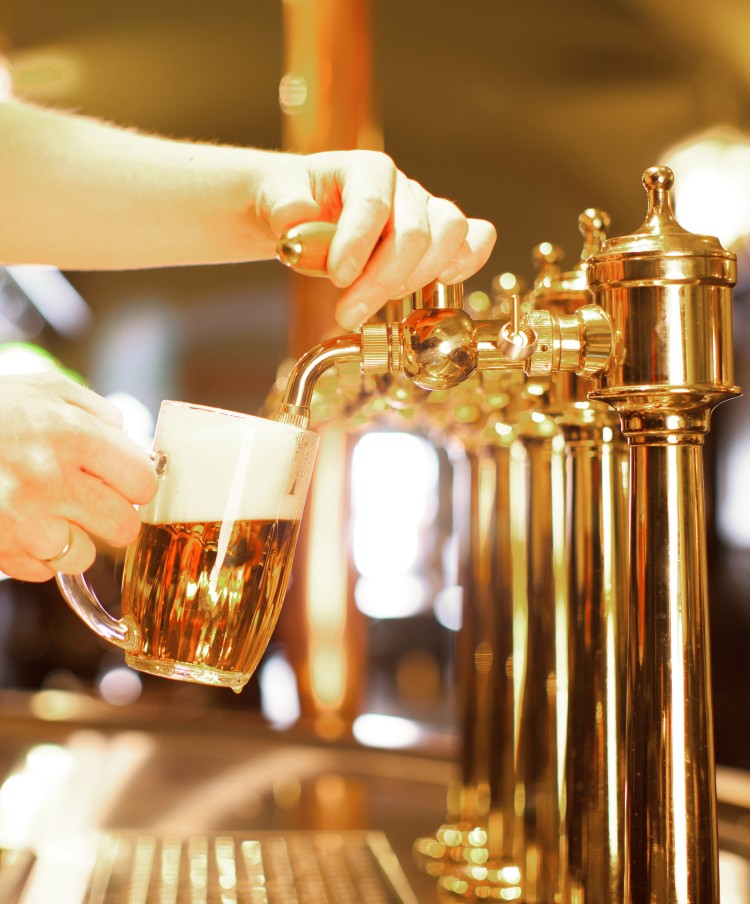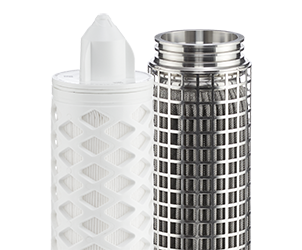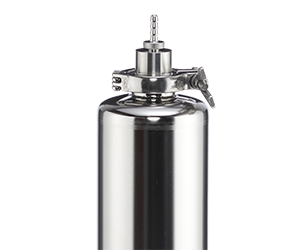Overview
The beer brewing process involves many steps. Filtration is necessary at several different points in beer production from rinsing the mash with sterile water to cleaning or sterilizing the kegs and bottles before filling.
Products
Applications

- Steam Filtration
Treated steam is used in the brewery to heat the mash tun and wort kettle in the brewhouse. Steam is also used to sterilize tanks, piping, and kegs.
- Liquid Filtration
Degassed water, for blending in the filter cellar or for pushing product through pipes, can be sterile-treated.
- Gas Filtration
Air and technical gases are sterilely processed in the brewery and are used, for example, for wort aeration, carbonation, or evacuating tanks.
Regulatory

In the brewery, hygienic requirements are in place for both the processes and the employees. In order to meet these, there are various guidelines that are implemented by means of HACCP/HARPC.
The most diverse requirements for the preparation of different media can be met by the product portfolio of Donaldson in all areas of the brewery.
LifeTec™ Liquid products are used in the brewery, in:
- Trap filtration
- Treatment of degassed water
LifeTec™ Air products can be used for the treatment of air and gases, applications for this are for example:
- Wort aeration
- Yeast management
- CO2 treatment
LifeTec™ Steam elements are used in:
- Steam sterilization
Articles
Videos

Webinar: Beer Filtration, Emerging Trends and Equipment for Breweries
Learn how Donaldson’s best-in-class filtration technology can help to optimize processes and help to reduce energy and production costs.




